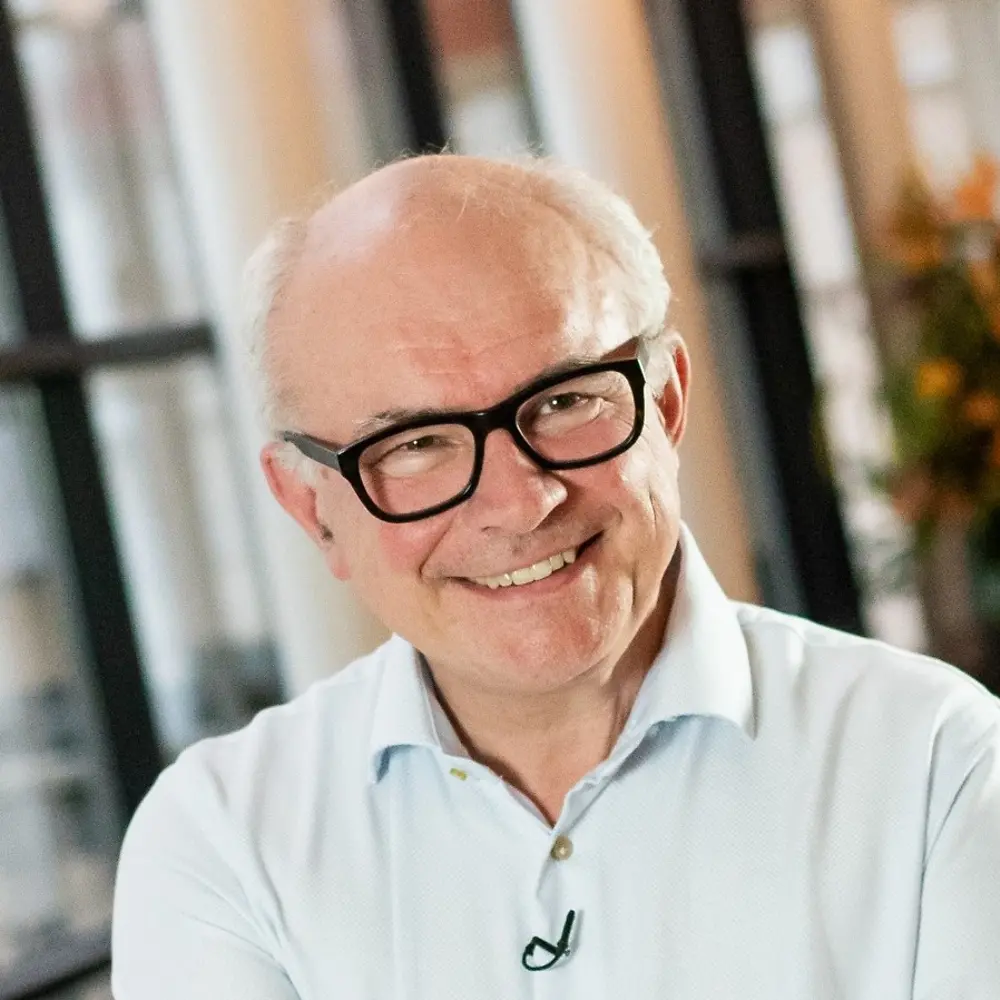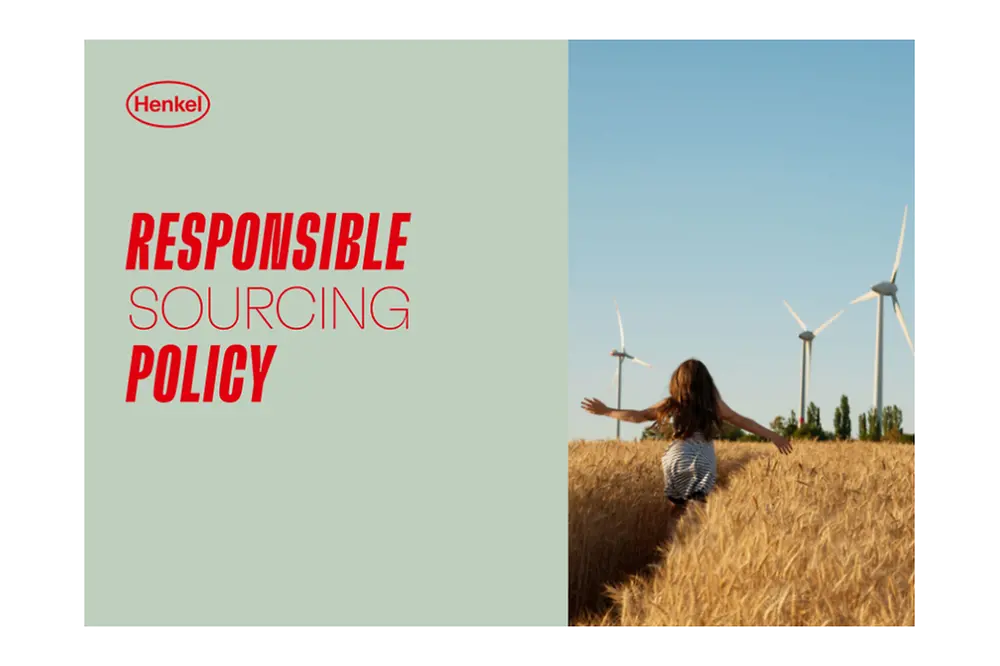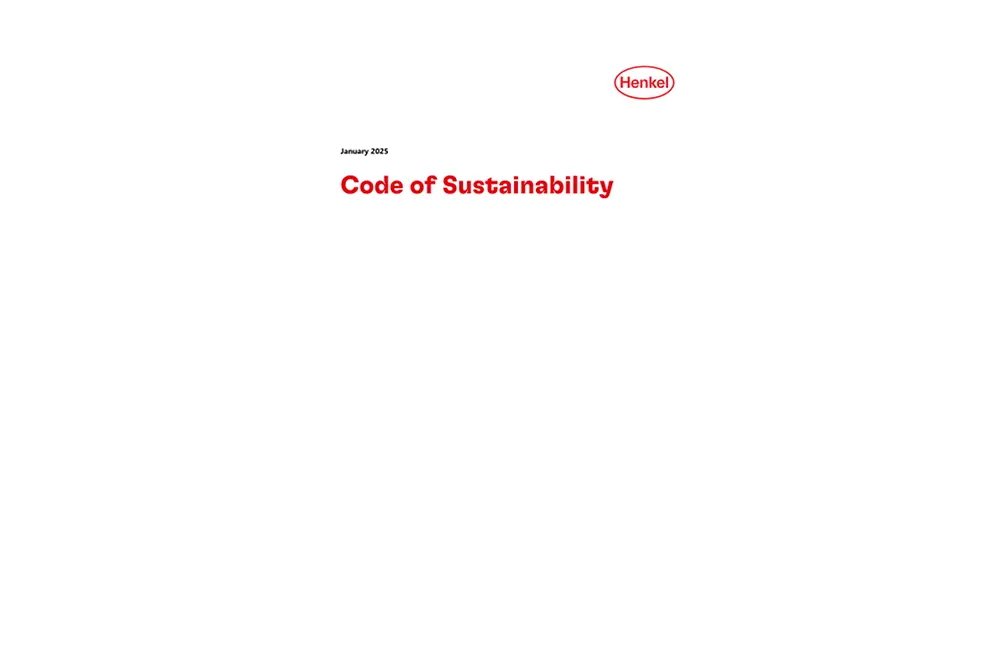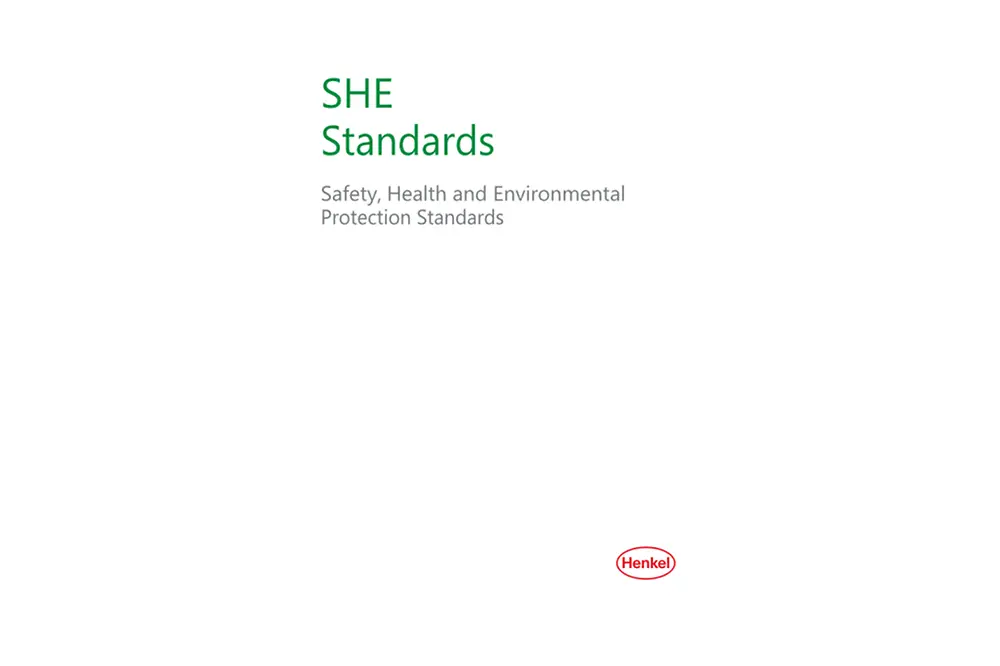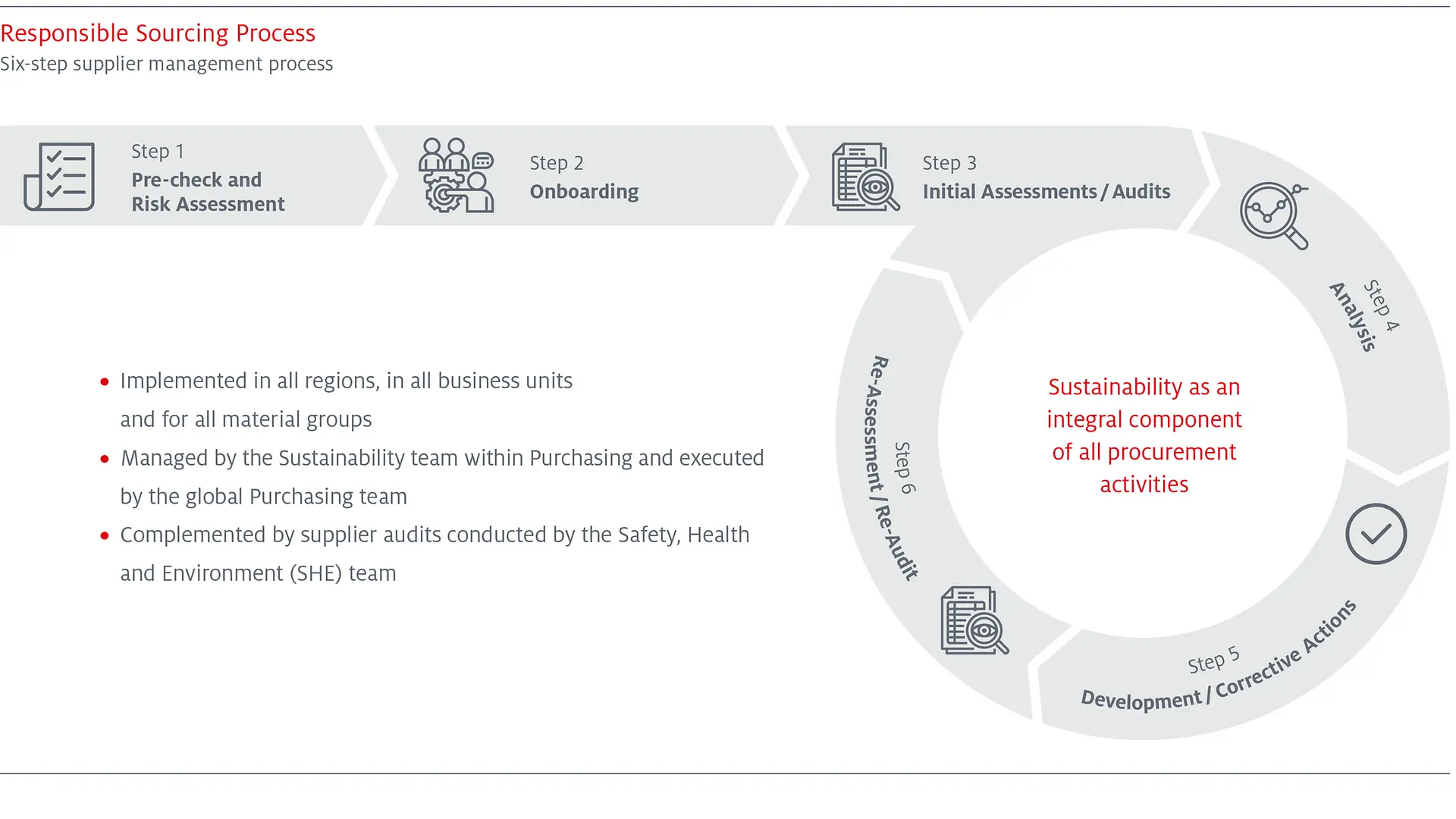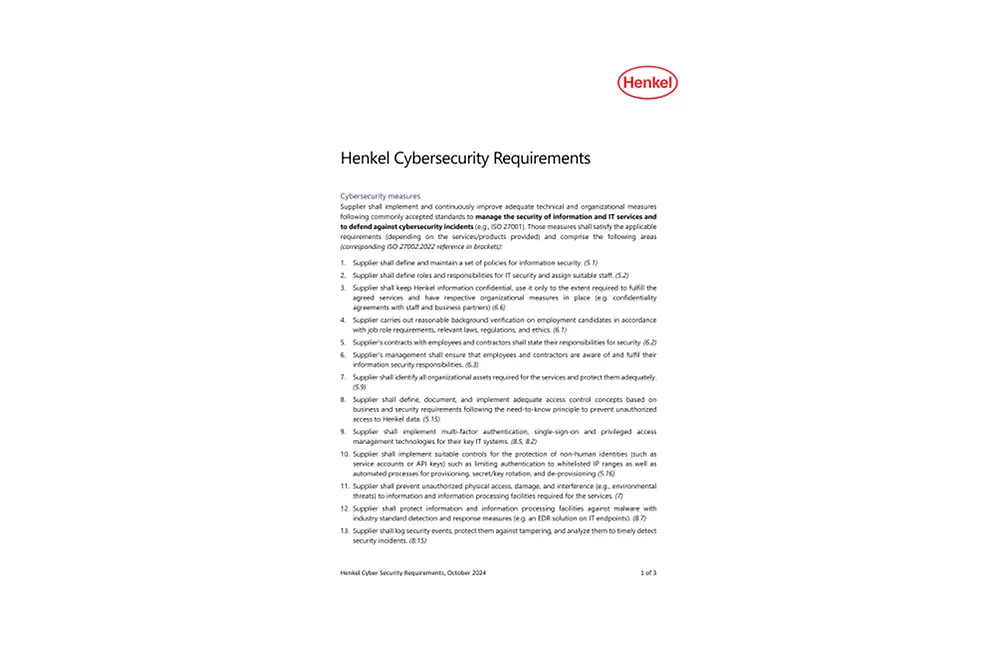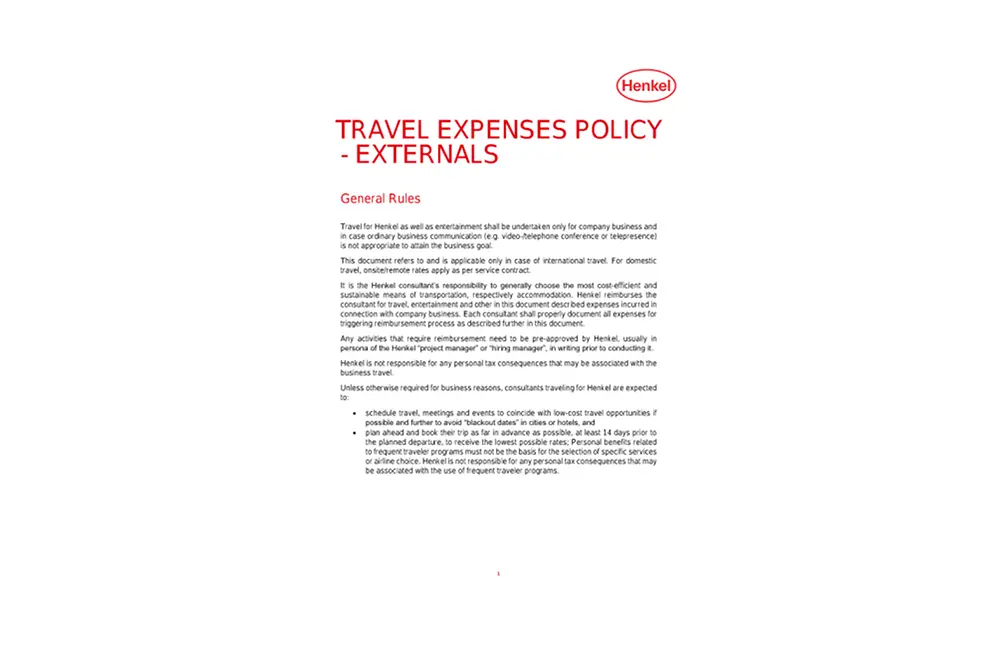In 2011, Henkel and five other companies in the chemical industry co-founded the initiative “Together for Sustainability – Chemical Supply Chains for a Better World” (TfS). It is based on the principles of the United Nations Global Compact and the Responsible Care Initiative of the International Council of Chemical Associations (ICCA). The vision that the six Chief Procurement Officers shared was “An Audit for one is an audit for all”. The aim of TfS is to harmonize increasingly complex supply chain management processes with regard to sustainability and to optimize dialog among worldwide business partners. Above all, synergies are to be created so that resources can be used more efficiently and with a minimum of administrative effort, not only among the member companies but also with all of our shared suppliers.
Performance is assessed in the areas of management, environment, health and safety, labor and human rights, and issues of ethical corporate governance. The TfS initiative has grown strongly in recent years and consists of members that are internationally operating chemical companies.
In 2022, the TfS initiative achieved a significant milestone by releasing the Scope 3 Product Carbon Footprint (PCF) Guideline for the Chemical Industry. The guideline, which was recently updated, consolidates existing PCF calculation approaches with regard to the specifics of the chemical industry and enables business and industrial customers as well as consumers to establish direct comparability and an assessment of the climate impact of chemical products in the future.
In 2024, the TfS initiative officially launched the PCF Exchange – a standardized data platform enabling suppliers and companies to generate and securely exchange carbon data from across their supply chains.
The TfS initiative also supports member companies and their suppliers with continuing education on key sustainability topics in the supply chain via the TfS Academy – a tailored learning and skill-building platform. Courses cover topics including health and safety, the environment, sustainable procurement, labor and human rights, management and governance, as well as information about TfS itself. The learning content is all linked to corrective actions resulting from TfS audits and assessments. This provides suppliers who have been evaluated with a range of concrete learning opportunities that are directly related to the results of the audit, and which support them in their continuous improvement efforts.







